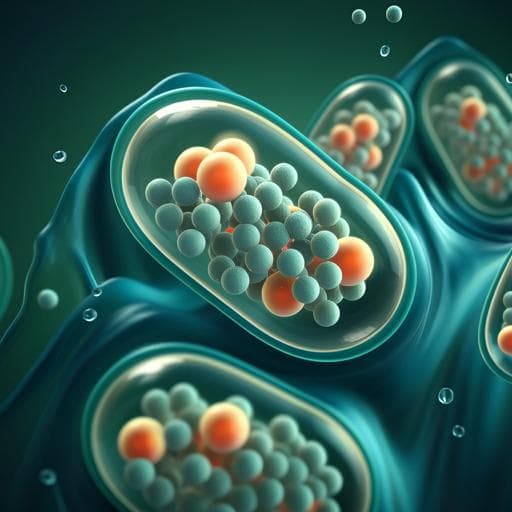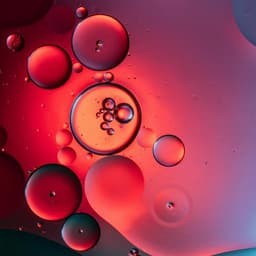
Food Science and Technology
Effects of gelatin type and concentration on the preparation and properties of freeze-dried fish oil powders
M. Yang, J. Peng, et al.
This study explores the impact of different gelatin types and concentrations on fish oil powder preparation, revealing that the choice of gelatin significantly affects physicochemical properties and encapsulation efficiency. Conducted by Mengyang Yang, Jiawei Peng, Cuiping Shi, Ye Zi, Yulu Zheng, Xichang Wang, and Jian Zhong, it provides valuable insights for developing innovative fish oil encapsulation methods.
Related Publications
Explore these studies to deepen your understanding of the subject.







